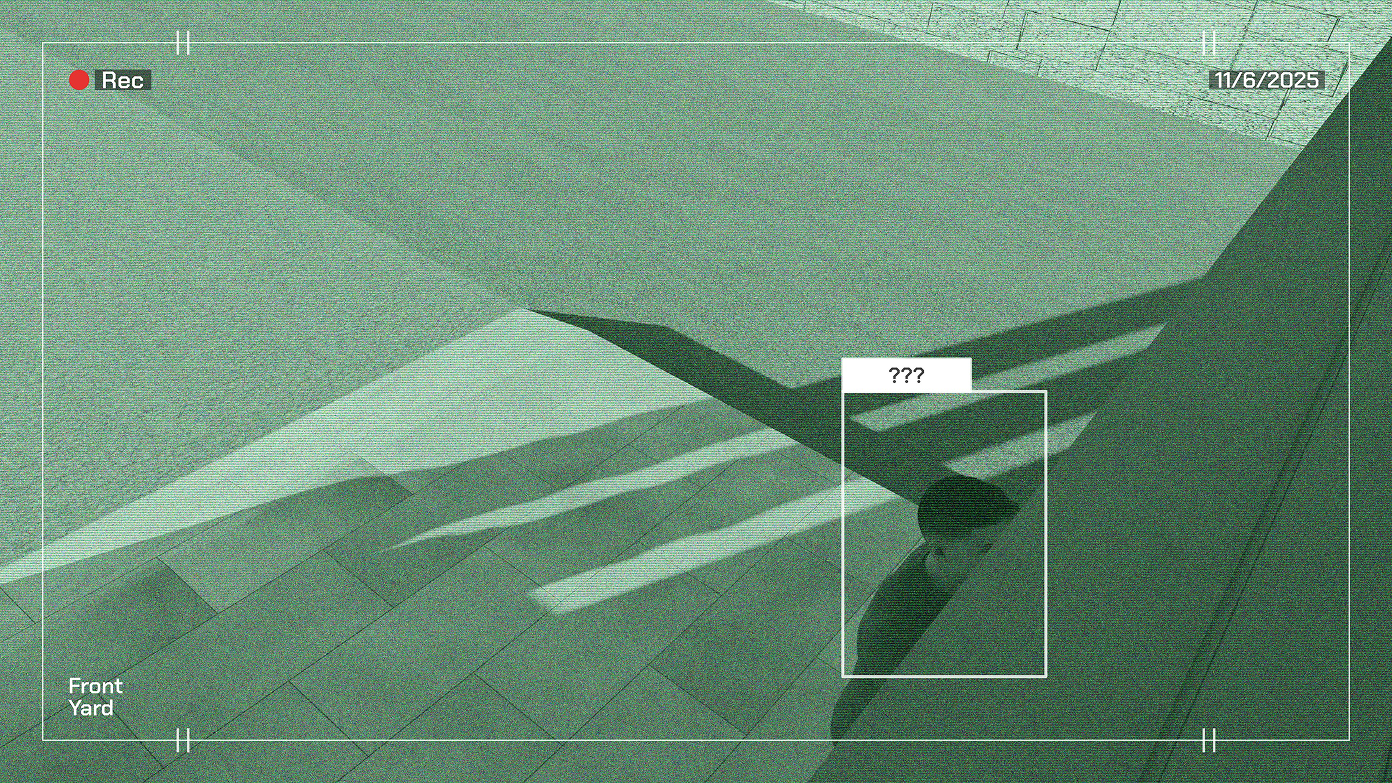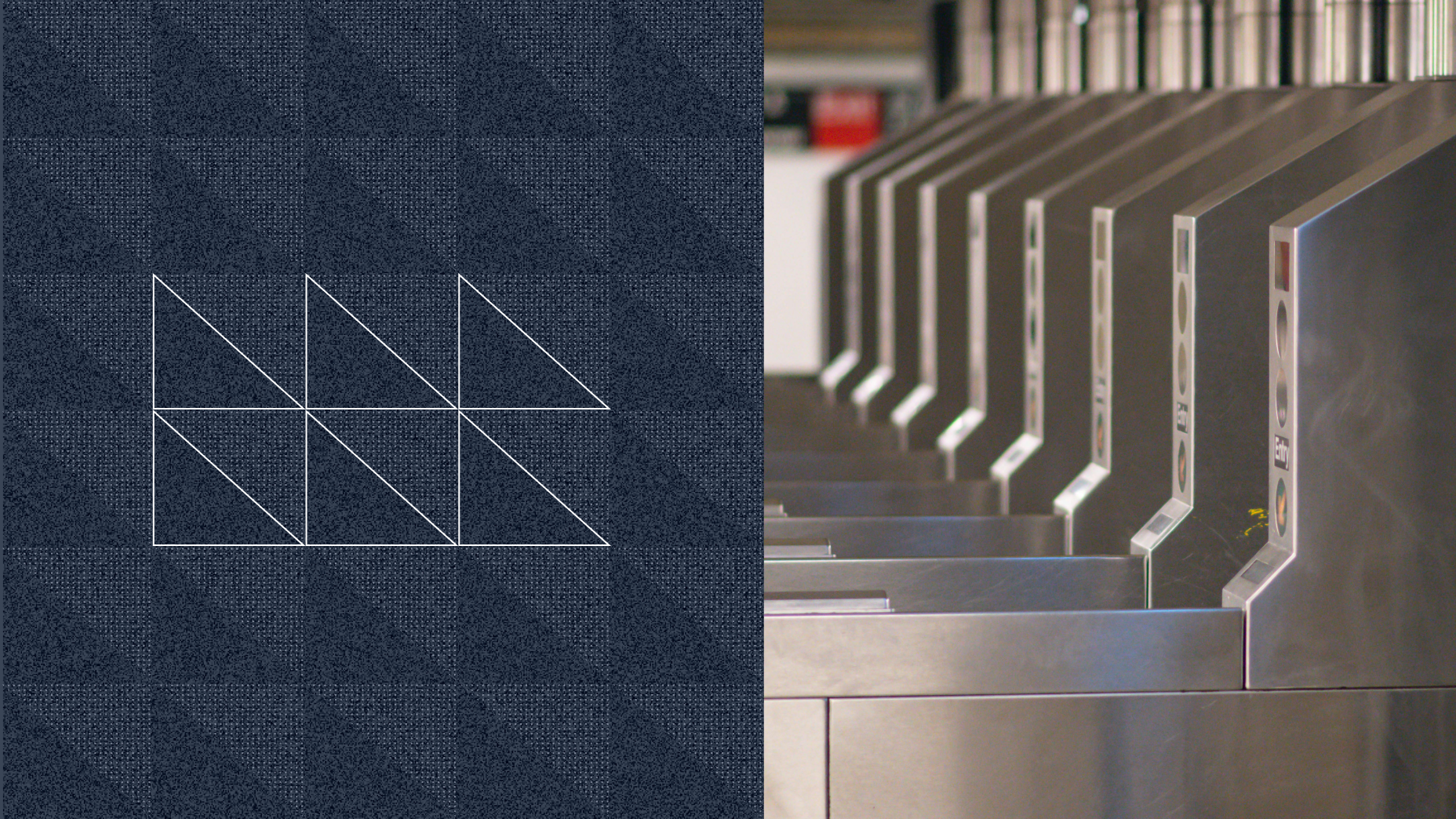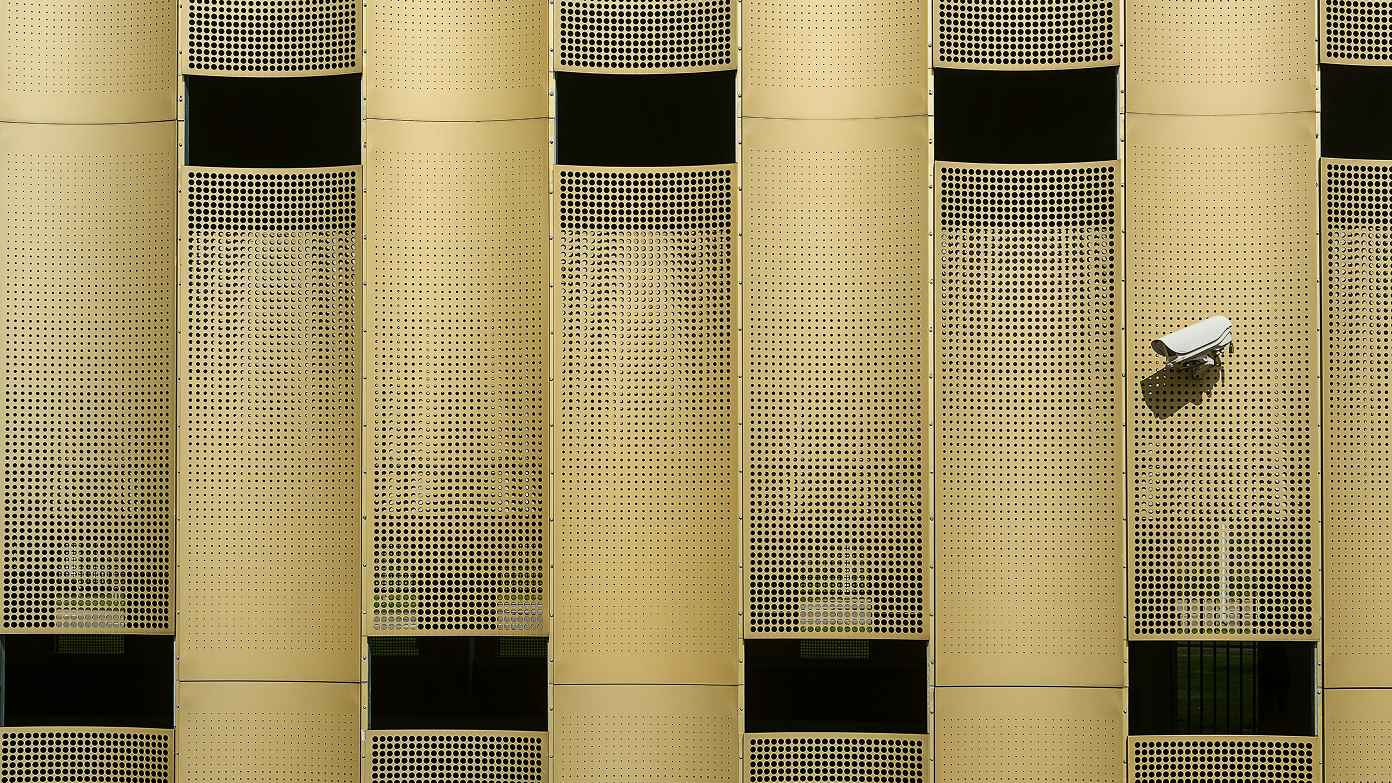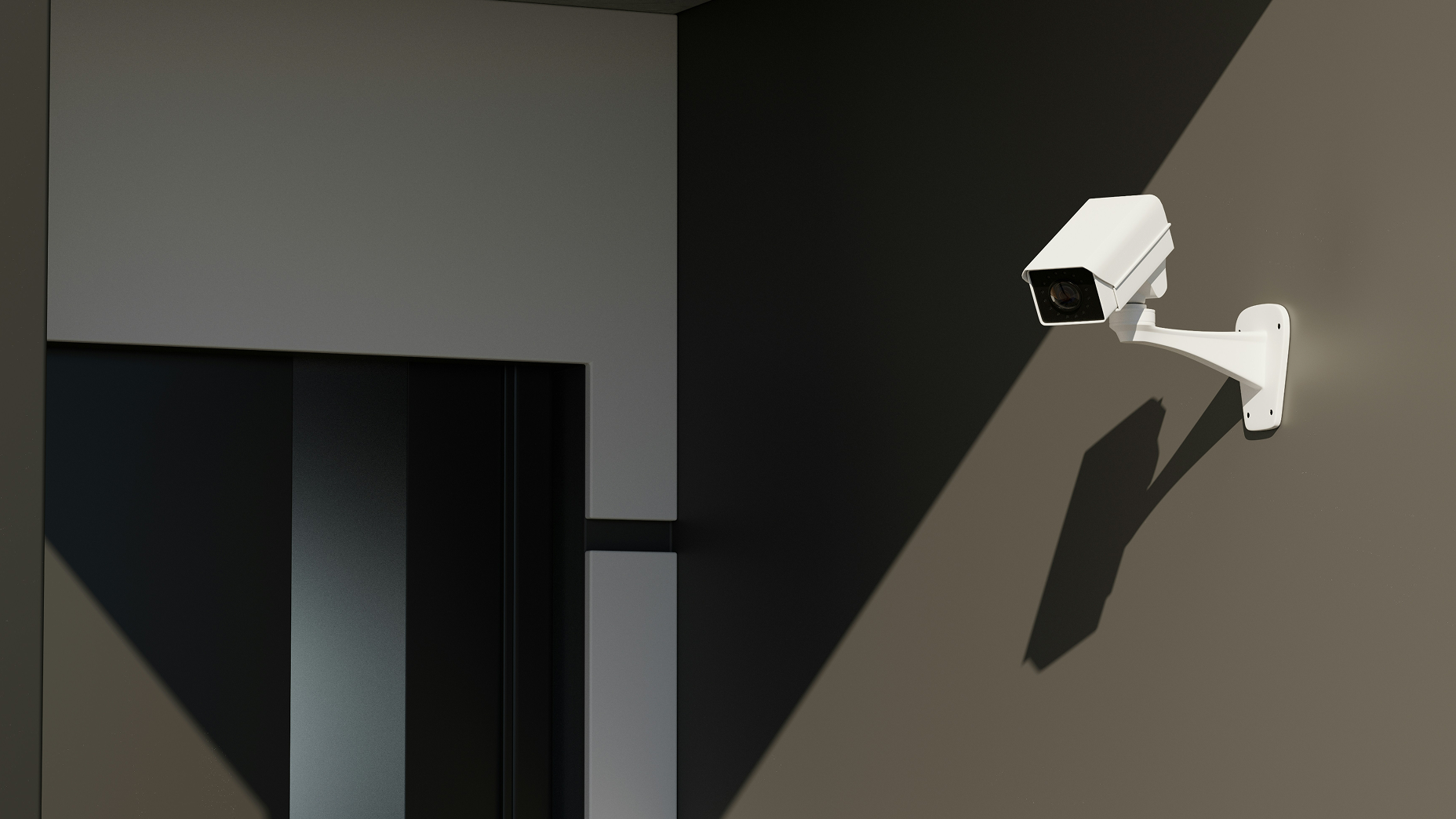
A Complete Guide for Businesses, Property Owners, and Security Managers
What Is Kuwait CCTV Law 2015/61?
Law No. 61 of 2015 is Kuwait’s official legislation requiring CCTV surveillance in commercial, and public facilities. Enforced by the Ministry of Interior, the law outlines where cameras must be installed, how long footage must be stored, and what technical standards systems must meet.
All Businesses Must Comply
Whether you manage a retail store, healthcare facility, school, hotel, warehouse, or industrial site, complying with Kuwait CCTV Law 2015/61 is essential to meet legal obligations, avoid penalties, and support public safety efforts.
Why Was Kuwait’s CCTV Law Introduced?
On June 26, 2015, a suicide bomber attacked the Imam Al-Sadiq Mosque in Kuwait City during Friday prayers, killing 27 people and injuring over 200. The incident was claimed by ISIS and raised urgent concerns about the country’s readiness to prevent and respond to terrorism.
CCTV footage proved pivotal. It captured the bomber’s arrival, the vehicle involved, and surrounding activity. Authorities used this footage to identify suspects, track the terrorist cell, and secure convictions. In response, the government enacted Law No. 61 of 2015 to make surveillance systems mandatory in key sectors across the country.
Who Needs to Comply with the CCTV Law in Kuwait?
The law applies to a wide range of facilities. Initially, it covered:
- Banks and money exchange offices
- Jewelry and gold shops
- Hotels and serviced apartments
- Hospitals and clinics
- Shopping malls and co-ops
- Government ministries and public institutions
- Industrial sites and utility plants
- Residential apartment buildings
- Petrol stations and warehouses
Over time, its scope expanded to include:
- Private and international schools
- Nurseries and special needs centers
- Fitness centers and sports clubs
- Marinas and yacht facilities
- Cultural and community venues
- Places of worship (with specific limits)
- Mass transit systems including buses, taxis, and transit terminals
Purpose of CCTV Systems Under the Law
All systems must serve these key functions:
- Monitor activity in real time
- Record incidents for investigation
- Deter criminal or unsafe behavior
- Retain video evidence for at least 120 days
Camera Field of View (FoV)
Kuwait’s CCTV law adopts a structured approach to camera placement based on internationally recognized surveillance objectives. These are known as Identify, Recognize, Detect, and Monitor — often referred to collectively as the IDRM model.
This framework originates from the UK Home Office Scientific Development Branch (HOSDB), now part of the Centre for the Protection of National Infrastructure (CPNI). It is widely used across the security industry, including by governments, law enforcement, and security consultants, to determine how much detail a CCTV camera must capture based on the intended purpose.
Each objective defines the portion of the video frame that the subject must occupy in order to meet the required clarity and usability.
Kuwait’s surveillance regulations apply this model directly in its technical and operational requirements, making it essential for designers and integrators to understand and implement FoV planning based on these objectives.
Camera Placement Requirements (Example: Hotels and Residences)
Each facility type has a list of required coverage areas. For hotels, apartments, and similar properties:
Other sectors, including malls, clinics, banks, and transit centers, have tailored placement requirements.
Video Recording and Retention Rules
To be compliant, CCTV systems must:
- Store footage for a minimum of 120 days
- Use NVRs or RAID-equipped servers
- Include timestamping on all footage
- Secure all data against tampering or unauthorized access
Minimum Technical Specifications (MOI Resolution 5003/2015)
CCTV systems must include the following:
- Full HD cameras (indoor and outdoor)
- 2MP PTZ dome cameras for dynamic areas
- Video Management Software (VMS)
- Live monitoring screens
- Secure storage (NVR/server with redundancy)
- Operator workstations
- Gigabit network switches
- Uninterruptible Power Supply (UPS)
- Ergonomic consoles and environmental controls for control rooms
Restricted Camera Areas
To protect privacy, cameras may not be installed in:
- Private residential rooms or apartments
- Changing or dressing rooms
- Health clubs, spas, and massage rooms
- Private treatment or consultation areas
System Operation and Maintenance
CCTV systems must operate continuously and be maintained regularly. This includes:
- 24/7 operation with power backup
- Routine inspections and maintenance logs
- Immediate repair or replacement of faulty equipment
- Availability of compliance documentation for inspection
Penalties for Non-Compliance
Violating the law can result in:
- Written warnings or fines
- Suspension or cancellation of operating licenses
- Forced closure of non-compliant premises
- Legal action in severe or repeated cases
Key Takeaways for Compliance
Kuwait’s CCTV Law 2015/61 is mandatory for a wide range of public and private facilities. It was introduced as a direct response to a national security incident and remains central to Kuwait’s security infrastructure.
If you own or manage a covered facility, you are required to implement a CCTV system that meets all legal, technical, and operational standards.
Need Help with Implementation?
CCTV compliance in Kuwait isn’t just about installing cameras — it’s about getting it right the first time. From camera placement and retention rules to full alignment with Law No. 61 of 2015, Resolution 5003/2015, and the internationally recognized IDRM model, every detail matters.
We work with facility managers, developers, and enterprise security teams to design and deliver fully compliant, inspection-ready surveillance systems.

.png)







